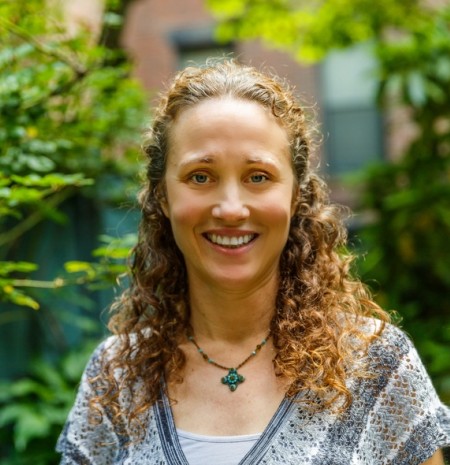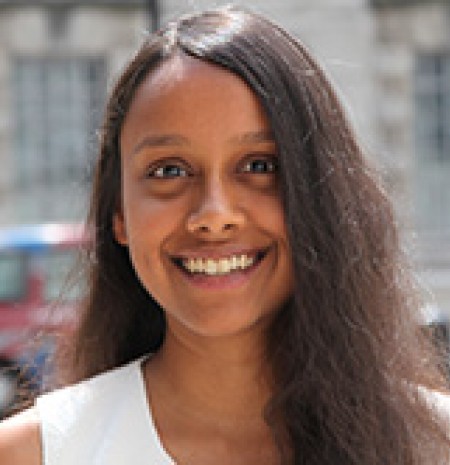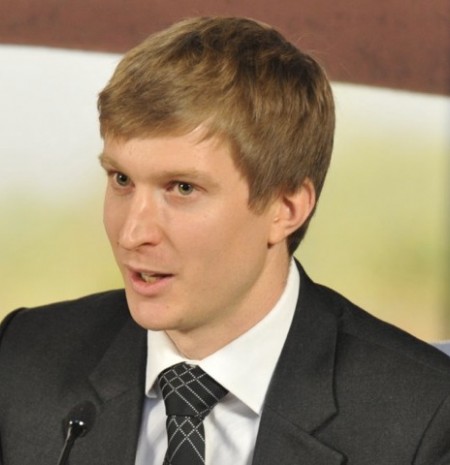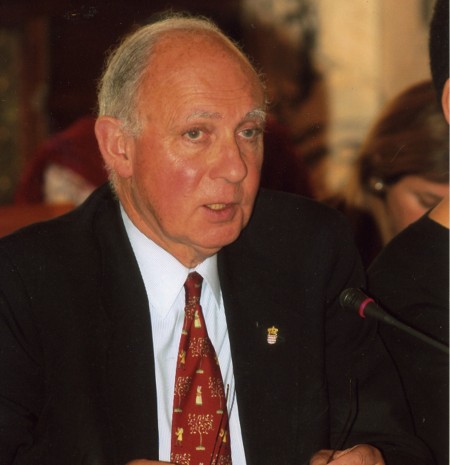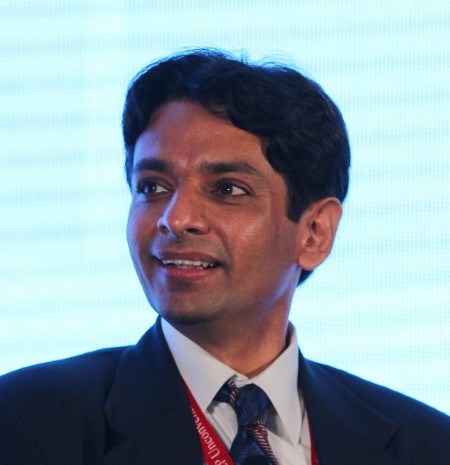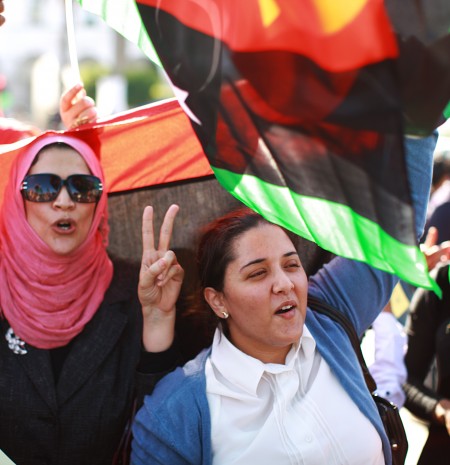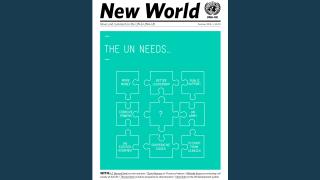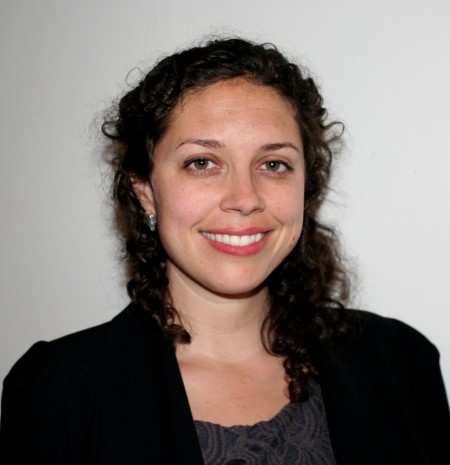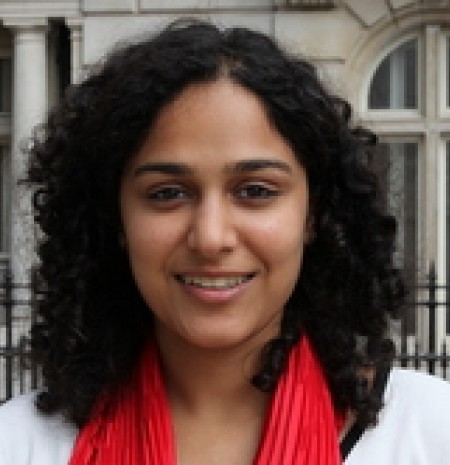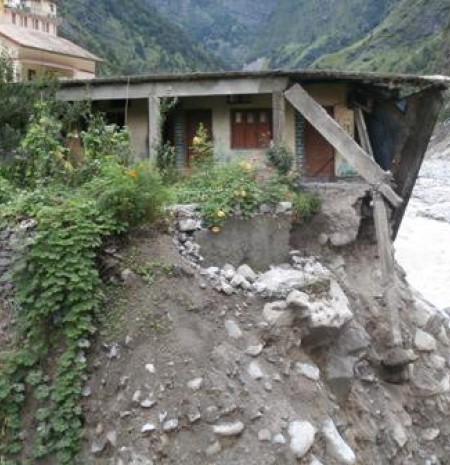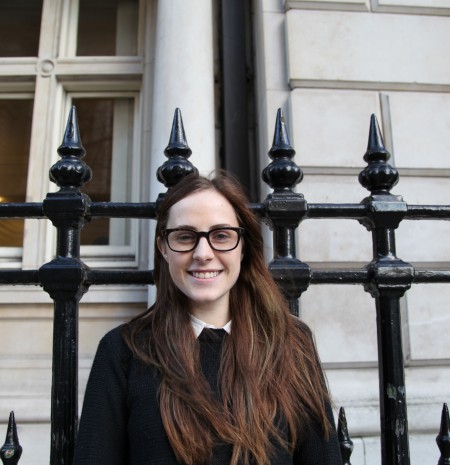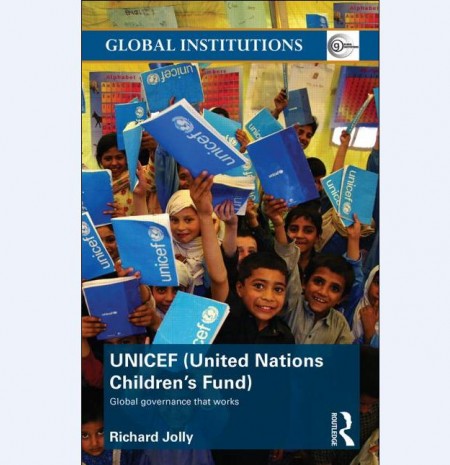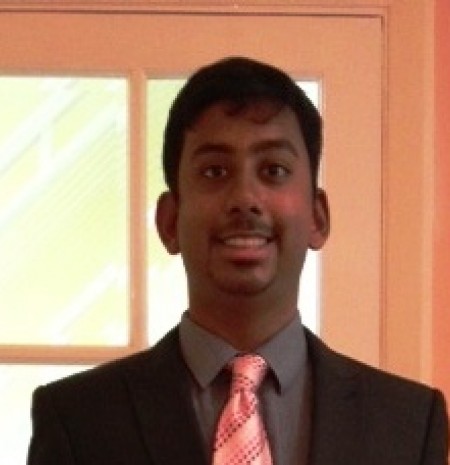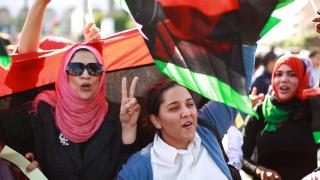
In a week when hundreds of Muslim Brotherhood members were sentenced to death in Egypt and the Organisation for the Prohibition of Chemical Weapons announced an investigation into the use of chlorine bombs by the Syrian regime, South Londoners gathered to debate the Responsibility to Protect (R2P) in the context of the "Arab Spring".
This timely meeting provided the opportunity for UNA-UK’s R2P Programme Officer, Alexandra Buskie, to present a succinct overview of the principle and its evolution. Former foreign correspondent and local councillor John Whelan provided a colourful introduction to the Middle East and North Africa, touching upon his time living in the region and first-hand experiences reporting on the aftermath of the first Gulf war in the 1990s.
While the Middle East may seem to some to have remained unchanged for many years, regional attitudes have evolved notably since the 1970s, including in relation to the standing of women. Though the events of the Arab Spring may not always have secured liberty or security, they have at least raised expectations. Citizens have asserted their right to personal freedoms, human rights and transparent government – and continue to do so. In Libya and other countries, we witnessed the brutal steps some states will take to suppress those legitimate claims.
The Arab Spring also raised the expectations of the international community, and there is little doubt that the past three years have presented tougher challenges than the UN, or any other supra-national bodies, have yet been able to meet fully.
There remains palpable frustration at the apparent dissonance between the principles behind protecting civilians and the ability to apply them practically in fast-moving dynamic and often desperate situations. In Syria, an authoritarian central government has lost control of swathes of the country; some areas are now controlled by terrorist groups. How do we begin to apply R2P to virtually ungoverned spaces, let alone those in the grip of intransigent regimes that threaten their own citizens?
While these questions provoke debate on both the efficacy and legitimacy of military humanitarian interventions, it is important to note that even where scenarios are grim, the R2P toolbox provides many options besides the last resort of armed intervention.
The interim options available differ according to the specifics of the situation. A good example might be to block hate speech from being broadcast on radio or television. Such speech was used to appalling effect in catalysing the Rwandan genocide and more recently by Muammar Gadaffi’s denunciation of the citizens of Benghazi who had risen up against his rule as “cockroaches”.
Above all, for R2P to become a living reality robustly defending civilians across the Middle East (and beyond), the mandate and means to act must be present not only at an international and national level but within the affected communities themselves. The flowering of civil society in former dictatorships will be key to this, and could be one of the Arab Spring’s greatest legacies; certainly it is one that could offer the best chance of civilian protection in decades to come. Yet we cannot be blind to the sour truth that many countries are still far from having the conditions necessary for citizen-led organisations to prosper.
Across the region, the terrain is rocky – from Egypt, where pluralistic democracy appears faltering, to Syria, where the departure of Joint UN and Arab League Special Envoy Lakhdar Brahimi highlights the mire confronting those seeking an end to the bloodshed. The future challenge is therefore enormous; to nurture a civil society that can be effectively mobilised in times of crisis, to ingrain a culture of respect for civilian protection at national level, and to consolidate the international will needed to ensure that nations stand ready to prevent atrocities. Our meeting made clear that, along with our governments, each of us has a part to play in meeting that challenge.
Paul Evans is a member of the UNA Streatham and Clapham executive and has a keen interest in the Middle East. The meeting he mentions was supported by UNA-UK through a UN Forum 2014 outreach grant.
Photo: Libyan women celebrate in 2011 the anniversary of the country's independence from Italian colonial rule. © UN Photo / Iason Foounten.




